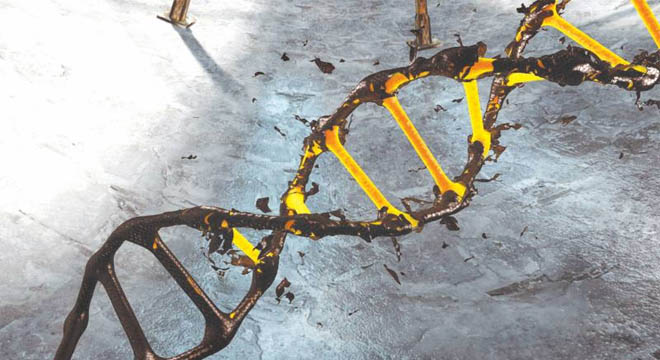islamabad – HSE University researchers have become the first in the world to discover genetic predisposition to severe COVID-19. The results of the study were published in the journal Frontiers in Immunology.
T-cell immunity is one of the key mechanisms used by the human body to fight virus infections. The staging ground for cell immunity development is the presentation of virus peptides on the surface of infected cells. This is followed by activation of T lymphocytes, which start to kill the infected cells. The ability to successfully present virus peptides is largely determined by genetics.
In human cells, human leukocyte antigen class I (HLA-I) molecules are responsible for this presentation. The set of six such molecules is unique in every human and is inherited from an individual’s parents. In simple terms, if the set of alleles detects the virus well, then the immune cells will detect and destroy the infected cells fast; if a person has a set that is bad at such detection, a more severe case of disease is more likely to be observed. Researchers from the HSE Faculty of Biology and Biotechnology — Maxim Shkurnikov, Stepan Nersisyan, Alexei Galatenko and Alexander Tonevitsky — together with colleagues from Pirogov Russian National Research Medical University and Filatov City Clinical Hospital (Tatjana Jankevic, Ivan Gordeev, Valery Vechorko) studied the interconnection between HLA-I genotype and the severity of COVID-19.
Follow the PNI Facebook page for the latest news and updates.









